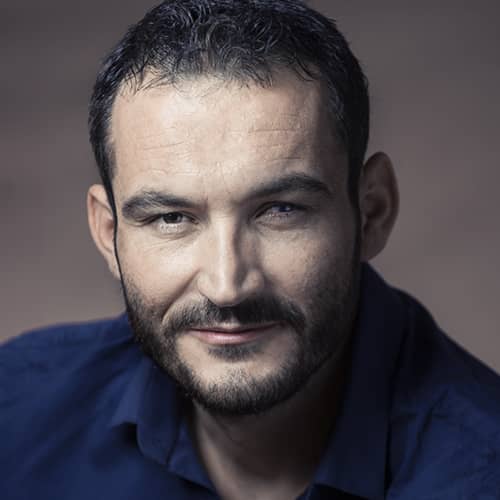
Ruairi O’Connell: Those in Kosovo’s justice system have chance to become a hero
UK Ambassador says ‘Pronto Affair’ must be a turning point for Kosovo, but insists there are wider problems with high-level corruption.
|04.10.2016
|
On UK foreign policy objectives in Kosovo:
"How many instances of judicial corruption does one need to see before one concludes that the judiciary doesn’t act independently?"
On impact of Brexit on UK foreign policy in Kosovo:
"It’s fascinating to see — and this hadn’t happened ever in the past — a number of Kosovo Serb political leaders learning Albanian."
On biggest personal contribution as Ambassador:
"I think people need to understand that every action they take right now is going to have a great impact in the future of Kosovo’s democratic culture."

Eraldin Fazliu
Eraldin Fazliu is a former journalist at Kosovo 2.0. Eraldin completed his Master’s on ‘European Politics’ at the Masaryk University in the Czech Republic in 2014. Through his studies Eraldin became interested in the EU’s external policies, particularly in promotion of the rule of law externally. He is a passionate reader of politics and modern history.
This story was originally written in English.